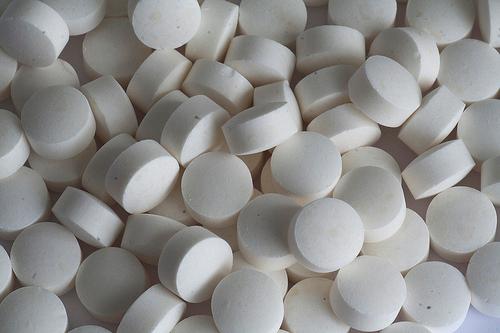This week I came across a newspaper article about the potential of the placebo effect. The article quoted Josien Bensing, professor in clinical and heal th psychology of the University of Utrecht, who argues that instead of trying to eliminate the placebo effect, we should try to use it. In 2010 she published an academic article on the role of communication in placebo effects (1). Here are some of the highlights of the newspaper article ‘A placebo often works better than medication’ (which is only in Dutch) (2).
th psychology of the University of Utrecht, who argues that instead of trying to eliminate the placebo effect, we should try to use it. In 2010 she published an academic article on the role of communication in placebo effects (1). Here are some of the highlights of the newspaper article ‘A placebo often works better than medication’ (which is only in Dutch) (2).
Operating without morphine
The placebo effect has been around for a long time. An American anaesthesiologist described how wounded soldiers in Africa during World War II would undergo surgery without any pain killers after a visit by the nurse and an injection of salt solution. They had to resort to these measures because they no longer had any morphine. How did these soldiers manage to undergo operations which usually cause a lot of pain, without being anaesthetized? That is what Bensing would love to study.
Placebo: obstacle or opportunity?
The placebo effect is usually seen as a disruptive factor, for which you should control in scientific studies of, for example, the effect of medication. Bensing argues that it should be the other way around: we should try to reinforce the placebo effect as much as possible, because it increases the success of the treatment. In fact, the placebo effect is often greater than the effect of the treatment – and it appears to be increasing. There seems to be a lot of potential there!
How does the placebo work?
We now know much more about the biological workings of the placebo effect, for example through techniques such as MRI and PET. Communication plays an important role: Bensing’s research shows that patients find it important that their doctor shows empathy and interest. Patients want to be taken seriously and to be given the opportunity to tell their story. For this reason, Bensing is now doing research on how communication can increase the effect of treatments. In the end, placebo is not about prescribing a fake pill or a fake treatment, but it is about the way the medical treatment is done.
Cross-cultural differences?
Another interesting question is whether there might be any cultural differences in the effect of placebos. If communication plays a key role in the placebo effect, then cultural differences might have an impact as well, at least in the way in which the doctor approaches the patient. Any thoughts?
Sources
(1) Bensing, J. M., & Verheul, W. (2010). The silent healer: the role of communication in placebo effects. Patient education and counseling, 80(3), 293-299.
(2) Een placebo werkt vaak beter dan een medicijn (A placebo often works better than medication) (Volkskrant, 25 Sept 2010).
See also this TEDMED video about the ‘magic of the placebo’, which mentions some interesting effects of the size and colour of a pill, as well as show how powerful your reaction can be even if what you see is not real… http://www.ted.com/talks/eric_mead_the_magic_of_the_placebo.html